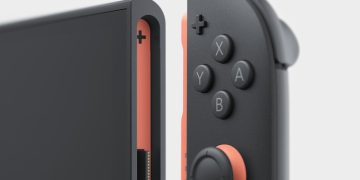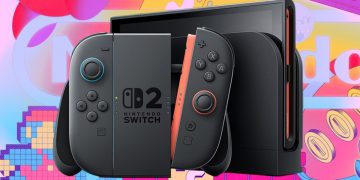Exciting news for emulation enthusiasts hit the scene this week as the team behind the RPCS3 emulator shared a major breakthrough. They’ve successfully established stable, native Arm64 architecture support across Windows, macOS, and Linux platforms. In a truly impressive feat, this now includes the Raspberry Pi 5, pushing the emulation capabilities far beyond what many thought possible on this modest device. Historically, the Raspberry Pi 5 has been able to emulate GameCube and, albeit less efficiently, the Wii. However, with some tweaking of the settings, it seems even the demanding PlayStation 3 games can now run on this entry-level Arm hardware.
The idea of PS3 emulation on Raspberry Pi 5 might seem like an ambitious dream. Given the constraints, the developers have cleverly adjusted the settings, scaling down to a resolution of 273p—akin to that of the PSP—from the PS3’s native 720p. This clever adjustment opens up the possibility of playing some 3D games such as God of War HD, Catherine, and Naruto: Ultimate Ninja Storm. While 2D titles are noticeably smoother, achieving decent frame rates for 3D games from the PS3 era on the Raspberry Pi 5 is a remarkable technical achievement.
Shifting gears to macOS, the native Arm support brings significant performance boosts on Apple Silicon for PS3 gaming. Native Arm execution, as opposed to emulating the x86 architecture, has led to frame rate increases ranging from 50% to 100%. This shift eliminates the need for x86 translation on top of the demanding PS3 emulation, transforming what was once an ambitious goal for Arm-powered PS3 emulation into a tangible reality.
On Apple Silicon devices, the emulation doesn’t just mimic the PlayStation Portable but flexes real PS3 muscle. High-performance games like God of War III and Skate 3 showcase the impressive capabilities of Arm architecture when it’s got enough power behind it. These titles, which demand significantly more than PS2-to-PS3 HD ports like God of War HD, manage to run quite smoothly, proving that the gap between current technology and the emulation of past consoles is steadily closing.















































